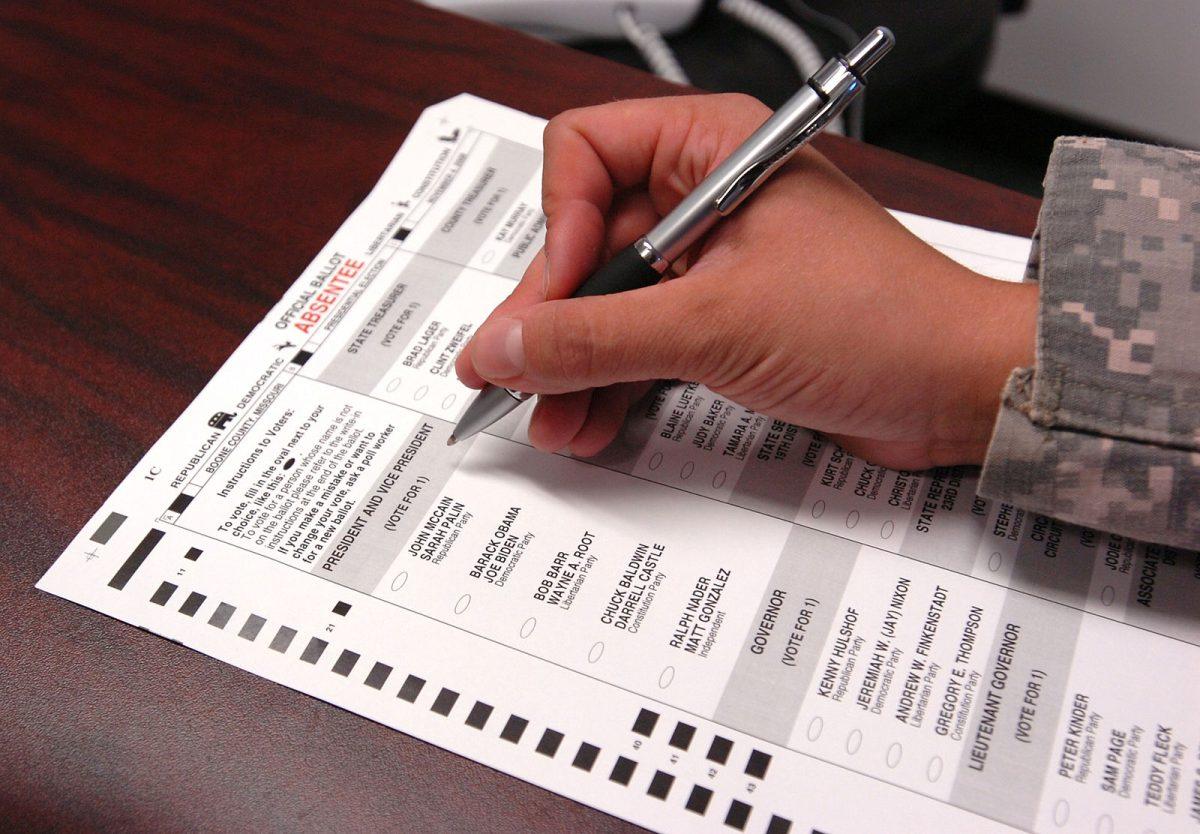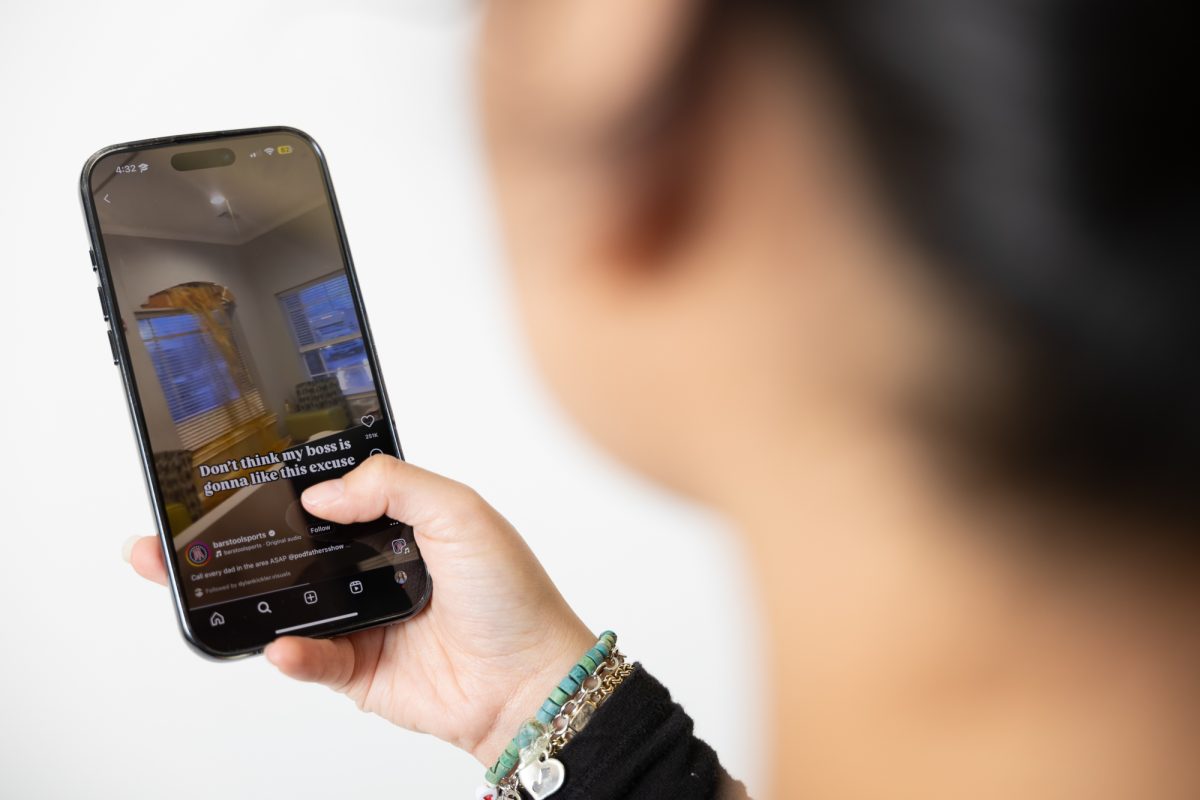“You’ve got mail. Those are very powerful words.”
– Joe Fox, “You’ve Got Mail”
Although Governor Greg Abbott has begun reopening Texas’ economy, the CDC still recommends maintaining social distancing guidelines. Fortunately, like the leads in Nora Ephron’s 1998 romcom, we can cultivate our relationship with democracy without seeing another person’s face.
While mail-in voting would be the best way to protect the students and staff at Texas A&M, this policy faces two significant roadblocks. One is a trail of paper in the courtroom and the other is establishing a way for students to vote by mail.
Currently, the Texas Democratic Party and Texas Attorney General Ken Paxton are debating the absentee ballot’s role in the 2020 elections. In the U.S. Court for the Western District of Texas, Judge Fred Biery declared that any Texas voter “who seeks to vote by mail in order to avoid transmission of COVID-19 can apply for, receive and cast an absentee ballot in upcoming elections during the pendency of pandemic circumstances.” Biery reasoned that the “fear and anxiety currently gripping the United States has limited citizens’ physical movements, affected their mental senses and constricted activities, socially and economically” and therefore voters “should have the option to choose to vote by letter carrier versus voting with disease carriers.”
Unfortunately, Texas Democrats fighting against Republicans look like Katheleen Kelly’s diminutive Shop Around the Corner taking on Fox’s massive book chain – spunky, but likely to be obliterated. In a 2-1 decision, the U.S. Fifth Circuit Court of Appeals temporarily blocked Judge Biery’s decision, agreeing with Attorney General Paxton’s conclusion on the subject. Paxton argued that while citizens 65 and older face special challenges and are thus entitled to vote by mail, the state is taking the proper precautions to ensure that in-person voting does not spread COVID-19. As a result, there should be no need for younger voters to use absentee ballots.
Just like how Kathleen Kelly rallied Manhattan to save the Shoppe Around the Corner, Texas Democrats must persuade the Texas Supreme Court to allow all eligible voters to vote-by-mail. Luckily, there is some hope on this front: Former Texas Supreme Court Justice Scott Brister points out that most of the oral court arguments are being delivered via Zoom, yet Texan citizens younger than 65 are expected to vote in person. The state argues that lacking immunity to a disease cannot constitute a physical condition because that definition “would sweep in every Texas voter.” However, it doesn’t take a genius to see how that logic is circular. Democrats are pushing for universal mail-in ballots so anyone afraid of contracting COVID-19 can still participate in democracy without risking their health. I find the state’s logic weak and I can only hope the Texas Supreme Court agrees.
And yet, even if the courts give the green light, A&M still has a problem: figuring out how to accommodate students both on and off-campus.
While the university can leave the MSC polling location open for those who are not worried about contracting COVID–19, A&M does need to establish a way for students who want to live on campus to vote by mail. “NY152” and “Shopgirl” couldn’t foster a relationship without meeting in person, and unfortunately, Aggies may be in the same situation. Residence Life does not provide mailboxes for on-campus dormitories. Students can rent mailboxes for $63.00 for one tenant or $94.50 for two tenants per academic year, however not all residents can afford to pay for mail service.
Fortunately, there are other solutions that can make in-person voting more efficient: A&M could offer discounts on fall mailboxes in the Commons and Hullabaloo Hall to incentivize more students to take advantage of mail-in ballots. And if all off-campus students can vote through their apartment, condo, or house mailbox, substantially fewer people will need to vote at the MSC. With fewer students voting in the MSC, social distancing can be implemented with more ease. Poll workers could maintain more distance from voters. And if logistics allow, the university can make voting appointments to ensure that long lines don’t form and there are few people in the voting room.
COVID-19 is still dangerous for younger demographics and A&M has a responsibility to protect its students above all else. And since the university is expecting to re-open the campus for the Fall 2020 semester, it is imperative that students don’t transmit the virus to more susceptible demographics. Voting-by-mail is an integral part in making on-campus voting safe.
















